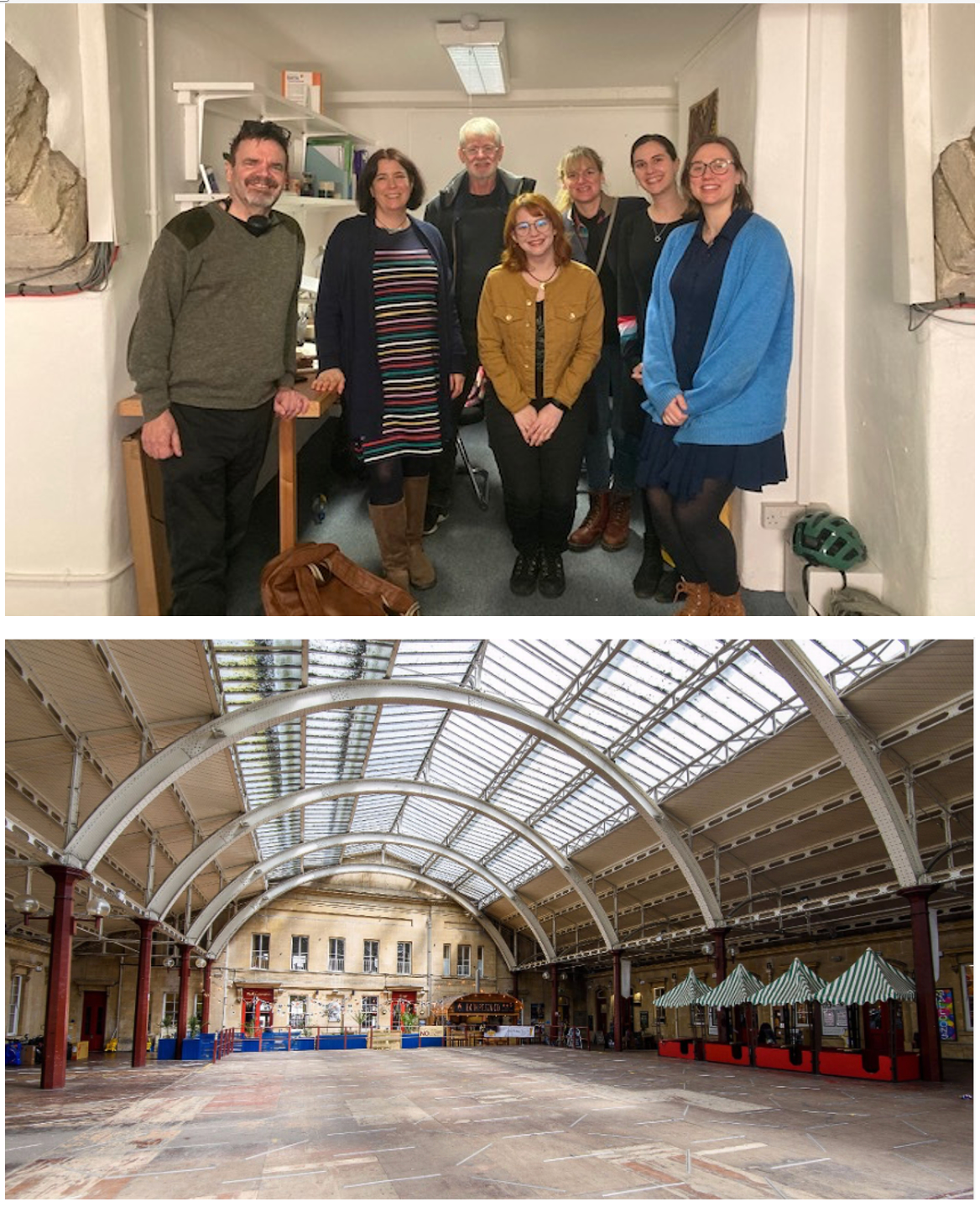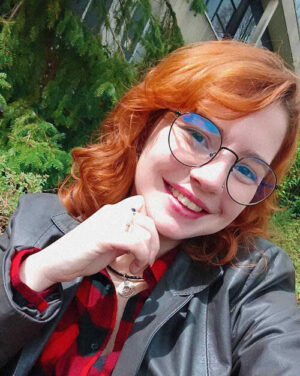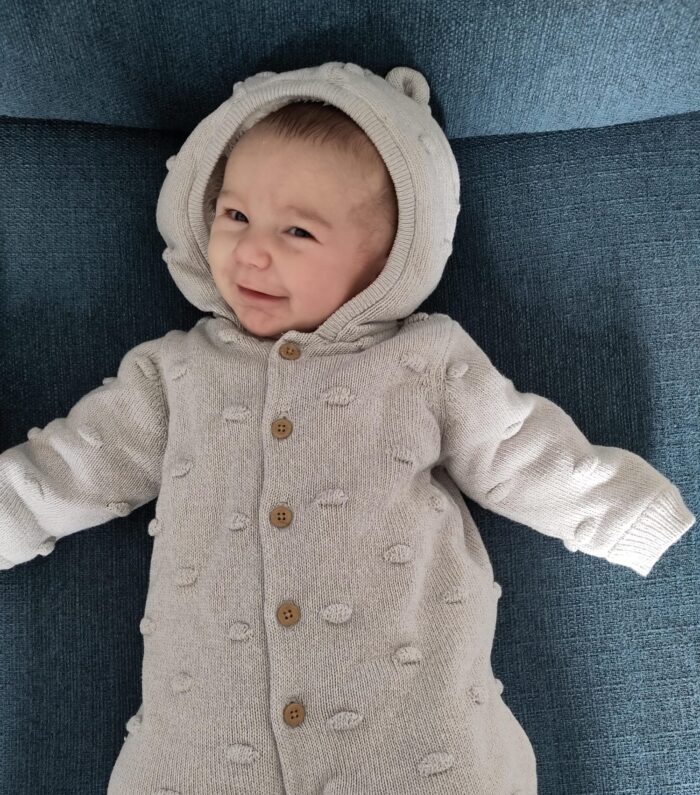2023 – it’s a wrap!
| 9 January 2024 | News
As we say goodbye to 2023 we (Hannah and Fiona) reflect on the highs and lows of another busy year for our little team in Bath, UK. We started the year with a beautifully post-pandemic move into an in-person office space in the vaults underneath the old railway station in Bath, Green Park Station, run by the Ethical Property Company. Sadly we were not able to use that space for more than a few months as the historic wood and glass station roof was damaged by a serious fire, which left the vaults flooded. We hope to be back in our office by Spring 2024, but in the meantime have been hosted in the beautiful House of St John’s run by the St John’s Foundation who celebrate their 850th anniversary in February!
Once again, we had a year of working on a range of interesting projects in both familiar and different contexts, from exploring the impact of agricultural initiatives in Zambia and Kenya to early childhood healthcare interventions in Serbia. We have closed the year working on two large projects for our small team, supporting Verian on the evaluation of the UK government Safer Streets Fund Round 4, and Trinity College Impact Evaluation Unit on the evaluation of a World Bank cash transfer plus training programme in Mauritania – we look forward to being able to write about these ambitious and interesting projects in 2024.
My (Hannah) personal highlight of the year was collaborating with UNICEF, Serbia. This QuIP study, consisting of 36 interviews with mothers of young children, explored the drivers for change in take up of early childhood vaccinations in families residing in Roma settlements in Serbia. This was a new topic area for us, touching on immunisation and experiences of childbirth, and there were challenges in the coding process since respondents’ experiences of formal healthcare differed between time periods, locations and health facilities. We overcame these challenges by using (what felt like) every last function in Causal Map! Problem solving in this way was very rewarding and resulted in clear visualisations which helped UNICEF understand the effects of healthcare interventions alongside societal shifts in behavioural norms, and perceptions of formal healthcare based on people’s personal experiences. Working closely with an experienced research team in Serbia, both within the UNICEF office and the independent researchers who conducted the interviews, was a real pleasure.
Our favourite data analysis tool, the Causal Map app got a refresh this year! The new and improved user interface opens up the possibility to do even more sophisticated analysis on future QuIP studies.
We also have a new addition to our family in the form of Gabriele Caldas, originally from Brazil, who is now the Outreach Coordinator for Causal Map. She will also maintain the close link between Bath SDR and Causal Map. Watch this space for exciting news from Causal Map about a new app which we’re sure will revolutionise the way we think about remote interviews…
Of course, we are not the only ones conducting QuIP studies. We were fortunate to support others on a range of projects last year, including work with UNICEF looking at changes in perceptions of child labour in India, and the impact of crisis response in Yemen. Many different UNICEF offices engaged closely with QuIP in 2023 and we are delighted that three of our close QuIP associates, Thibault Uytterhaegen, Max Niño Zarazua and Silvia Storchi are all working with the UNICEF Office of Research – Innocenti on different QuIP studies around the world in 2024. Closer to home, another experienced QuIP researcher, Michelle James, incorporated QuIP in her PhD looking at how different forms of social protection impact the wellbeing of UK asylum seekers, focusing her research in Bristol. Michelle is currently bringing her skills back into Bath SDR working with us on the Safer Streets Fund evaluation, ahead of her viva.
We have some exciting studies in the pipeline (we are already almost fully booked for 2024!), much more work planned with the Causal Pathways network and a Lead Evaluator training planned in February. However, probably not as busy as the year ahead for Rebekah Avard, a key member of our team who we will miss for much of 2024 as she is a new mum! We are delighted to welcome Oscar Avard into the world, and wish Rebekah’s family well on this exciting adventure.
Wishing you all the best for 2024, and we look forward to supporting many more of you in your qualitative research endeavours.






Comments are closed here.